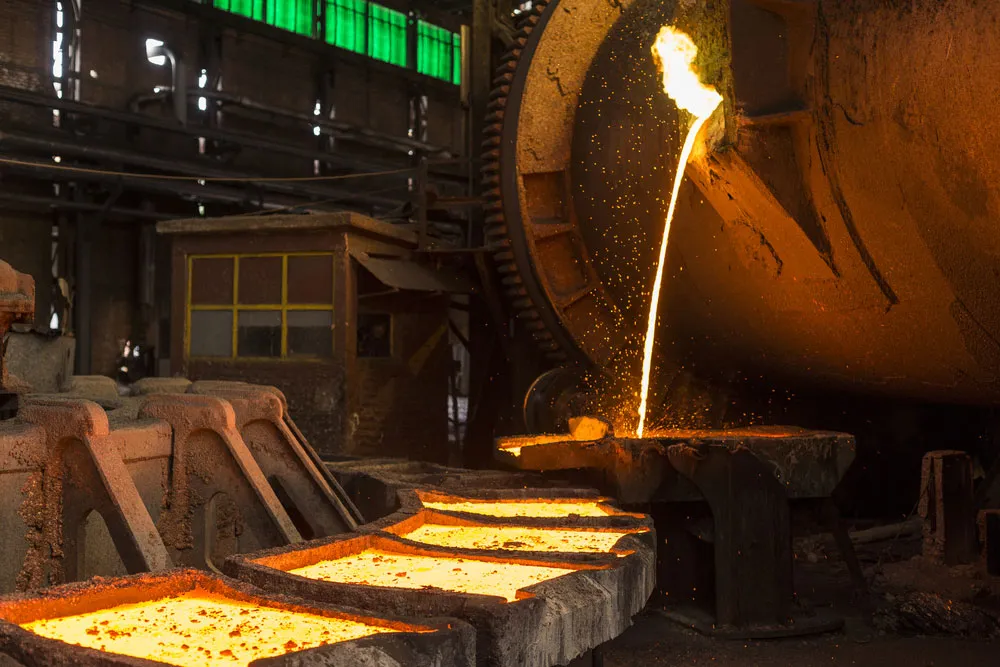
Manufacturing is the process of converting raw materials into finished products that can be sold or used. The manufacturing process involves a series of steps that are designed to transform raw materials into finished goods. The manufacturing process is an essential part of the supply chain and plays a critical role in the success of many businesses.There are several mexican manufacturing companies that have gained recognition in various industries, such as Grupo Bimbo in the food industry, Cemex in the construction materials industry, and Vitro in the glass industry.
The manufacturing process involves turning raw materials into finished products through a series of steps. The first step is sourcing the raw materials, which could be natural resources or pre-manufactured parts. These materials are then inspected and tested for quality to ensure that they meet the necessary standards. Once the materials are approved, they are transported to the factory floor, where they are assembled, processed, and transformed into finished products. In this article, we will explain the different stages of the manufacturing process and help you understand how it works.
Stage 1: Procurement of Raw Materials
The first stage in the manufacturing process is the procurement of raw materials. Raw materials can be any substance that is used to create a finished product. These materials can be sourced from a variety of places, including suppliers, distributors, and wholesalers. The procurement process involves identifying the raw materials required for production and then sourcing them from reliable suppliers. It is essential to ensure that the raw materials are of high quality and meet the required specifications for the finished product.
Stage 2: Storage and Handling of Raw Materials
Once the raw materials are procured, they need to be stored and handled properly. The storage and handling of raw materials are critical to ensure that they remain in good condition and do not deteriorate. Raw materials can be stored in a warehouse, and they need to be properly labeled and organized to facilitate easy access. The handling of raw materials should be done with care to avoid any damage or contamination.
Stage 3: Manufacturing Process
The manufacturing process is the heart of the production process. This stage involves converting the raw materials into finished products. The manufacturing process can be divided into several sub-stages, including:
- Pre-production: This stage involves preparing the raw materials for the manufacturing process. The raw materials are inspected, cleaned, and prepped for production.
- Production: This stage involves the actual conversion of the raw materials into finished products. This stage can involve various processes, such as mixing, cutting, molding, and assembling.
- Quality Control: This stage involves checking the finished products to ensure that they meet the required quality standards. This stage is critical to ensure that the finished products meet the customer’s expectations and do not have any defects.
Stage 4: Packaging and Shipping
The final stage in the manufacturing process is packaging and shipping. The finished products are packaged according to customer requirements and shipped to their destination. The packaging should be done in such a way as to ensure that the finished products are not damaged during transit. The shipping process should be well-coordinated to ensure that the finished products are delivered on time and in good condition.
Conclusion
In conclusion, understanding the manufacturing process is essential for any business that wants to produce finished goods. The manufacturing process involves several stages, including procurement, storage and handling, manufacturing, quality control, packaging, and shipping. Each stage is critical to the success of the manufacturing process, and any mistake can have a significant impact on the finished product’s quality. By understanding the manufacturing process, businesses can improve their efficiency, reduce costs, and produce high-quality finished products.


